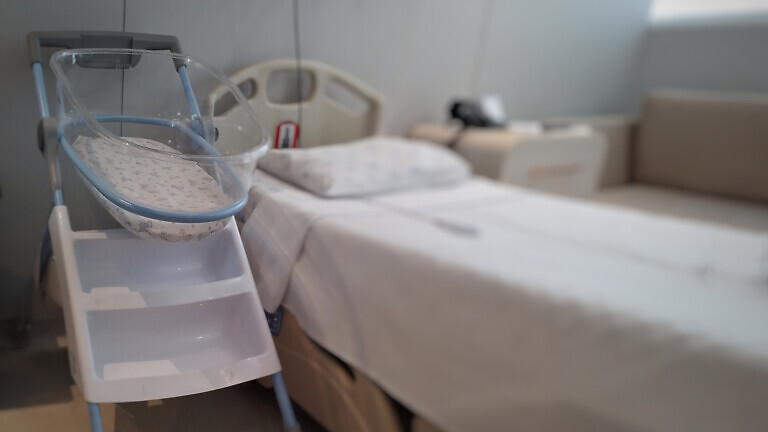Approaching retirement can be your most difficult case of all – but it doesn’t have to be that way. Mr Peter James shares some good advice.
American football sports coach Vince Lombardi famously said ‘the harder you work, the harder it is to surrender’. Consultants know this feeling all too well.
Having endured one of the longest periods of training of any profession – with many gruelling years of shift work, rotating round the country and endless examinations to become a specialist – giving it all up can be psychologically difficult to contemplate or plan.
Accepting we are getting older can also be challenging. Perhaps thinking of it as stages in ‘the journey of life’ is more palatable, but however you approach it, proper planning is the key to making a success of the twilight days of your career and ensuring your transition into the sunset goes smoothly.
The most important practical consideration is winding down your surgical workload. This process is likely to take six to 12 months, so my advice is to select a date by which you would definitely hope to be retired and work backwards from there.
Taking the time to meet with management teams at the hospitals you practise in will make the process much smoother.
As with so many other areas of life, communication is key. Consider all the stakeholders in your career and devise a plan to communicate your decision and the time-scales effectively with each of them: your patients, your hospital, your colleagues and then your wider professional network.
There will be no worse feeling as you approach your finish date than being inundated with questions and queries about aspects of your practice. Trust me when I say that you will be thanked, and you will thank yourself by arranging this well in advance.
Regular catch-ups
As previously stated, it can be hard saying goodbye to a practice you have spent many years nurturing. Being actively involved with the process will be extremely beneficial on a personal level.
In my role as Circle Health Group’s Responsible Officer, I always make a point of ensuring that retiring doctors also have regular catch-ups and planning sessions with the hospitals they work at.
We all like feeling in control. Being on top of the details is what makes us great practitioners. Just as you would not transfer the care of a patient without briefing your colleagues, avoid heading into retirement without including your hospital provider in the planning stage.
In terms of stopping surgery, it is a largely mathematical process. Firstly, estimate the number of patients mid-treatment cycle; secondly, assess the requirements to complete their treatments and, thirdly, set a date to stop new patients being seen, with a timescale to run down follow-up patients.
This staged approach – closing your practice to new patients, completing your surgical lists, and then following up on your final lists in recovery and outpatients – will give you the time and space to prepare mentally and plan practically for retirement.
Carefully select the colleague you wish to hand over to. We all care deeply about our patients; they deserve the best and your legacy and reputation will be preserved by handing over to someone with the highest standards on clinical outcomes and patient satisfaction.

Defence subscriptions
On a more technical level, it is critically important to keep on top of your defence or insurance subscriptions and investigate what policy will cover past surgeries once you have retired.
Medical defence organisations offer a different level of cover to commercial insurance. Read up on this carefully and be certain you are covered for several years post-retirement so that you have peace of mind should a delayed claim come your way.
Be honest with yourself and your close family that the psychological process whereby an eminent and highly respected consultant becomes a seemingly anonymous member of the public may not always be entirely smooth or easy.
It rarely works well to leave with no plan or pastimes. Before you hang up your scrubs, consider re-visiting old hobbies, developing new ones or getting involved with mentoring and charitable projects that combine passion and purpose.
Charitable projects
I witnessed Massoud Fouladi, Circle’s co-founder and former medical director, gradually wind down his responsibilities from full-time Circle board executive and consultant ophthalmologist to a part-time role setting up clinical chairs in Circle sites across the country.
He spent his final working months in employment organising an inspirational charitable project to deliver over £3m or 300 tonnes worth of medical supplies to war-torn hospitals in Ukraine. Now he spends his retirement working on charitable projects to support refugees and help immigrant doctors work towards GMC accreditation.
This for me is the definition of a medical career that ended well, and then transitioned seamlessly to projects that combine passion and purpose in retirement – and you will struggle to meet a more contented or fulfilled retired consultant.
The lesson for me is the importance of being proactive in mentoring younger colleagues, developing interests and maintaining connections.

Giving back
Work hard at staying in contact with colleagues and professional bodies so it all does not just stop on a Tuesday afternoon; there is no need to sever all ties. This is a practical way of ensuring that all your expertise is not lost when you leave.
You have spent decades getting to know every aspect of your trade, and your expertise and experience will remain invaluable for many years after your retirement should you choose to share it, so give yourself a legacy by giving something back.
Finally, know when it is time to go. As they say in showbiz, it is always better to leave the audience wanting more. Picking the right time to go is vitally important to ending well.
Do not leave when you are forced to or because you can no longer keep up with the pace. As clinicians, we understand the biological fact that motor skills and stamina deteriorate over time.
Undertake introspection
It is so easy to become less tolerant and more impatient as we progress in life, so undertake some introspection and challenge yourself as to whether you are still giving your patients your best.
Practically, keep an eye on your patient satisfaction statistics, patient-reported outcome measures and registry data. Retire at the top of your game and do not wait until you are an outlier.
We all feel deeply the extraordinary privilege and pleasure that comes from a long career in medicine. Cicero said ‘in nothing do men more nearly approach the gods than in giving health to men’.
A vocation as rewarding and worthwhile as medicine is very hard to part with, but knowing when to step back will give you the legacy you deserve.
Consultant orthopaedic surgeon Peter James is Circle Health Group’s group medical director and responsible officer.



